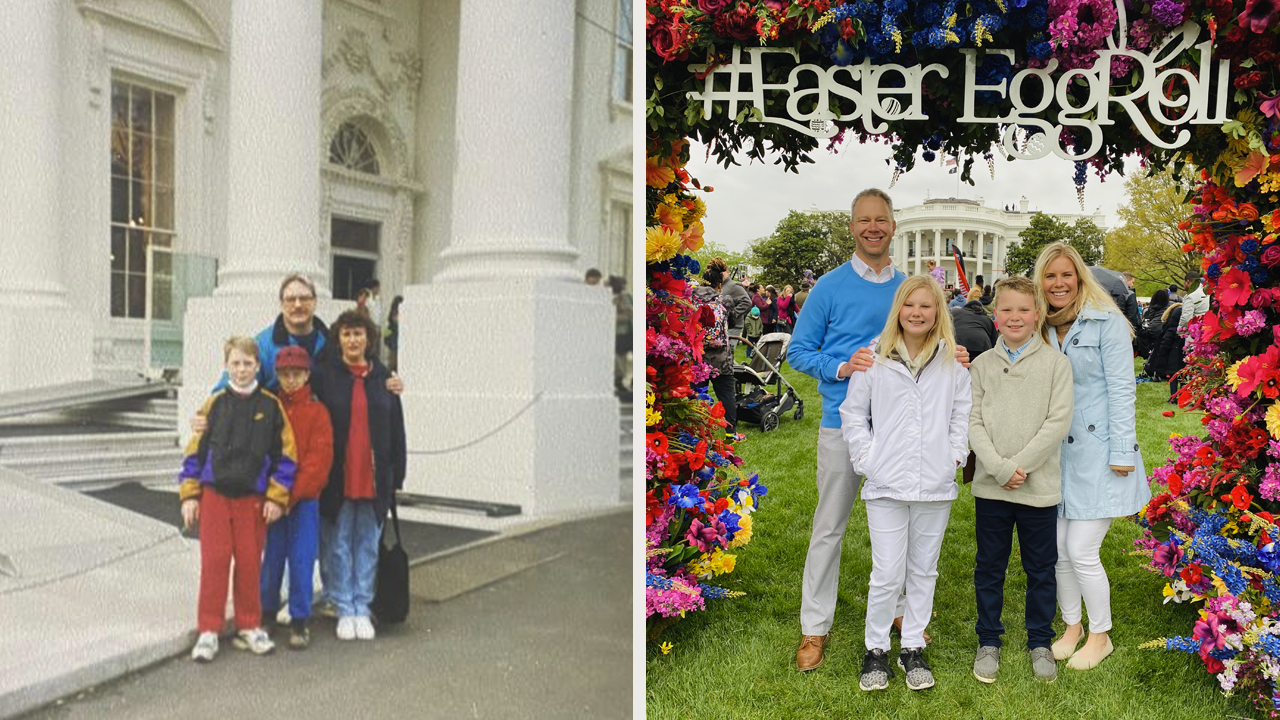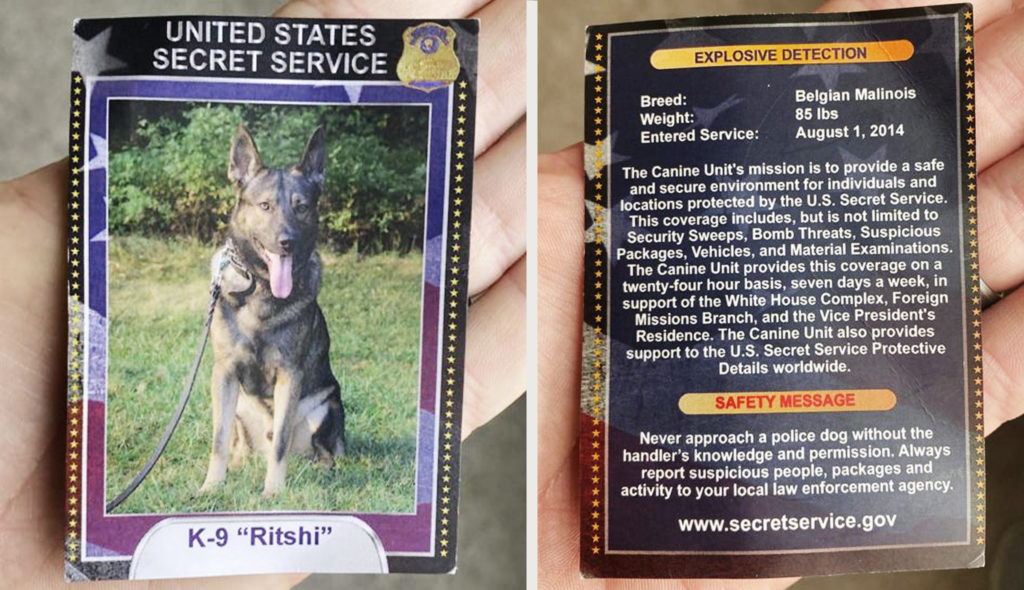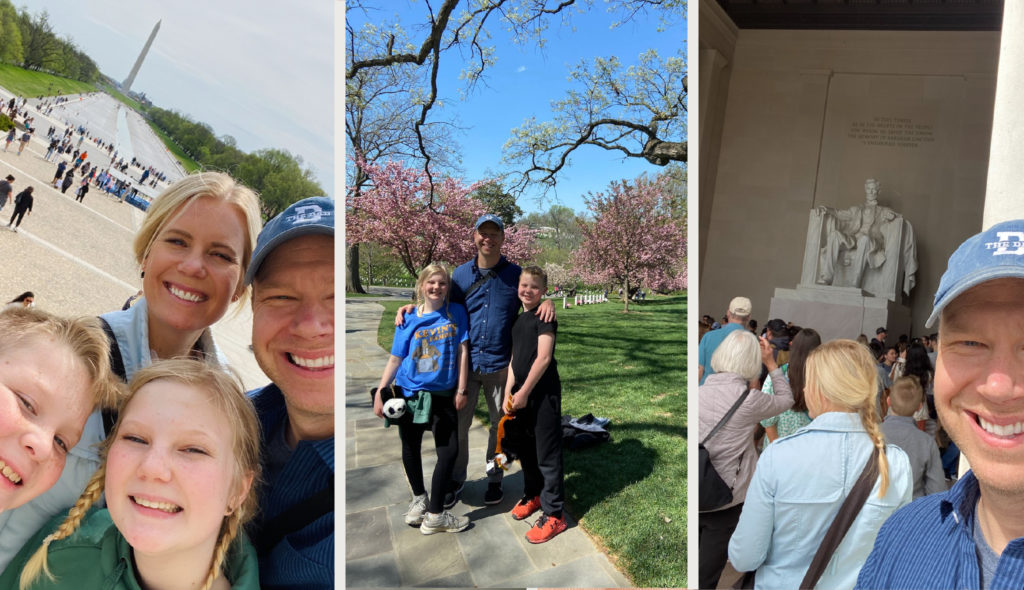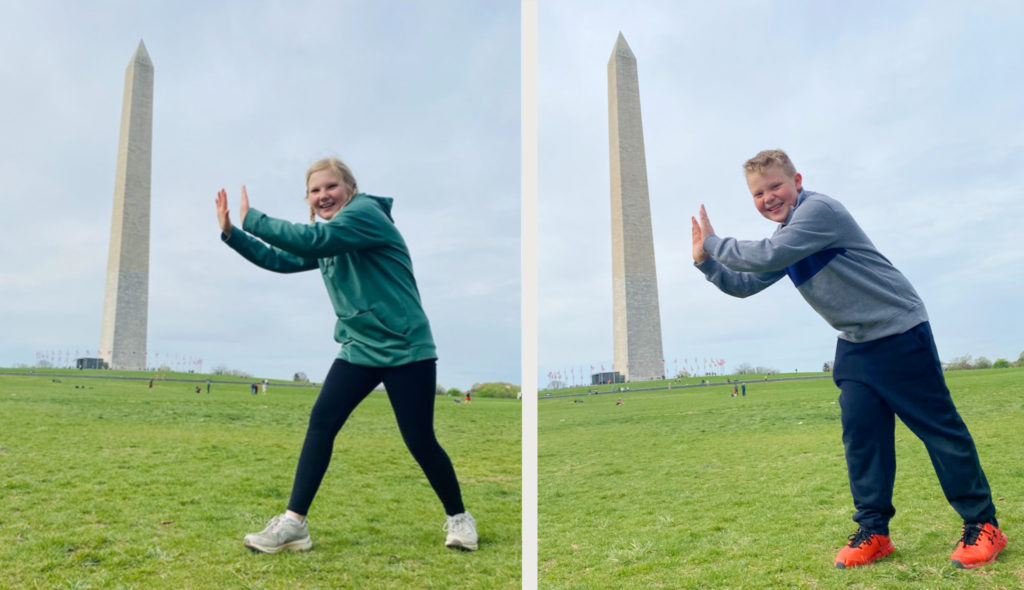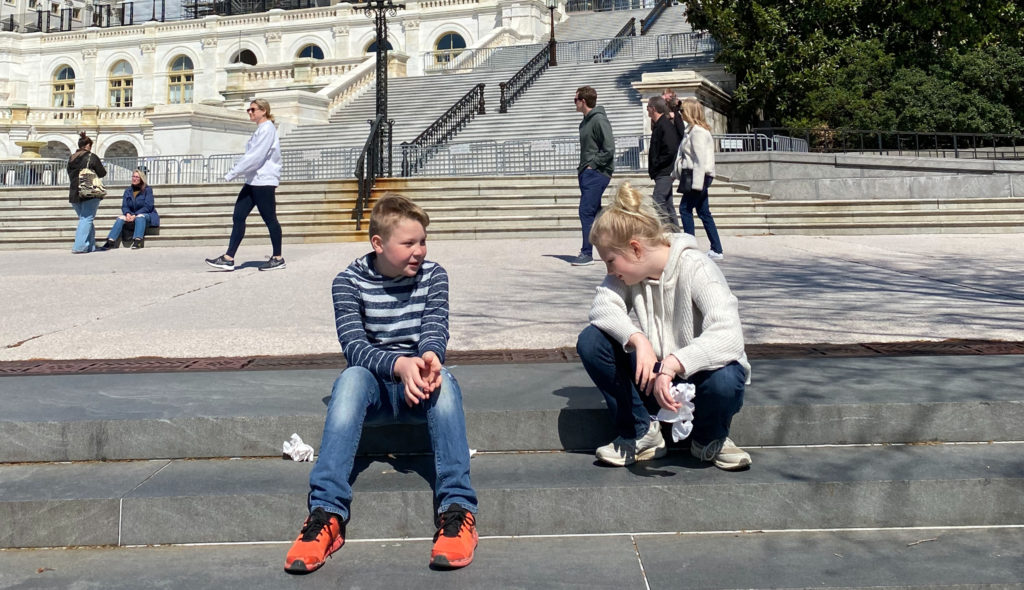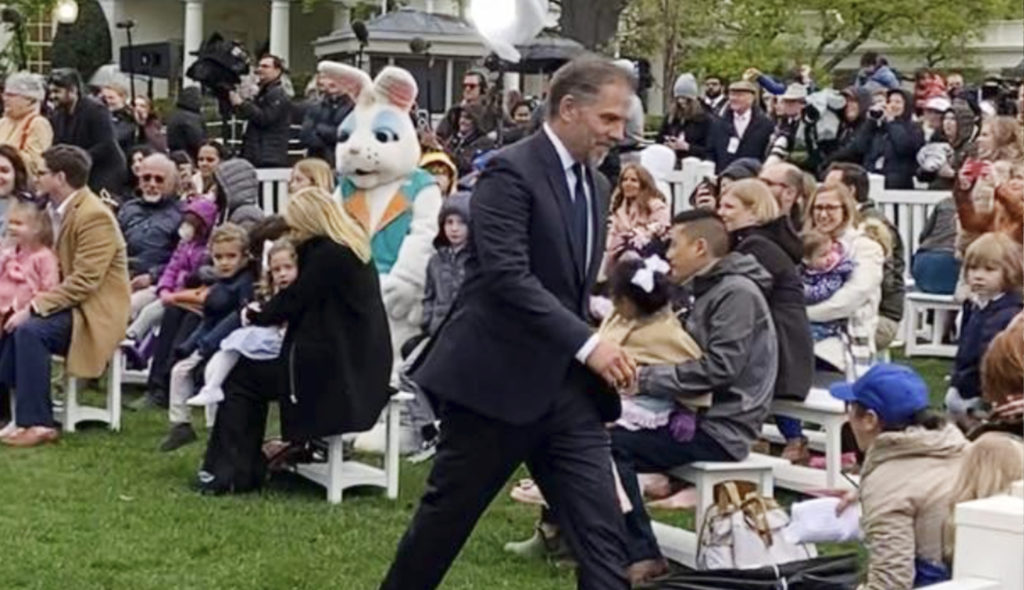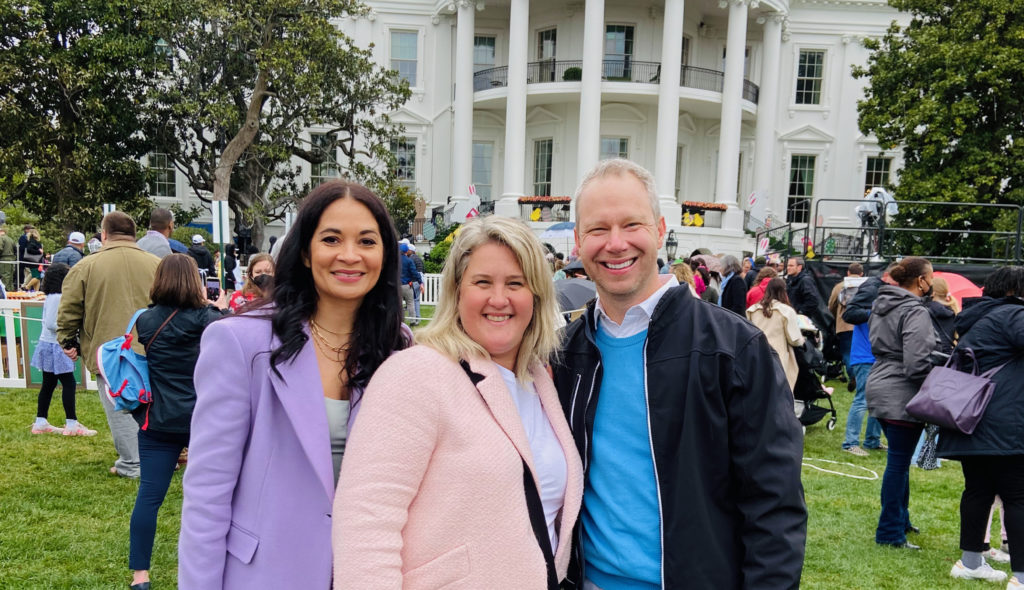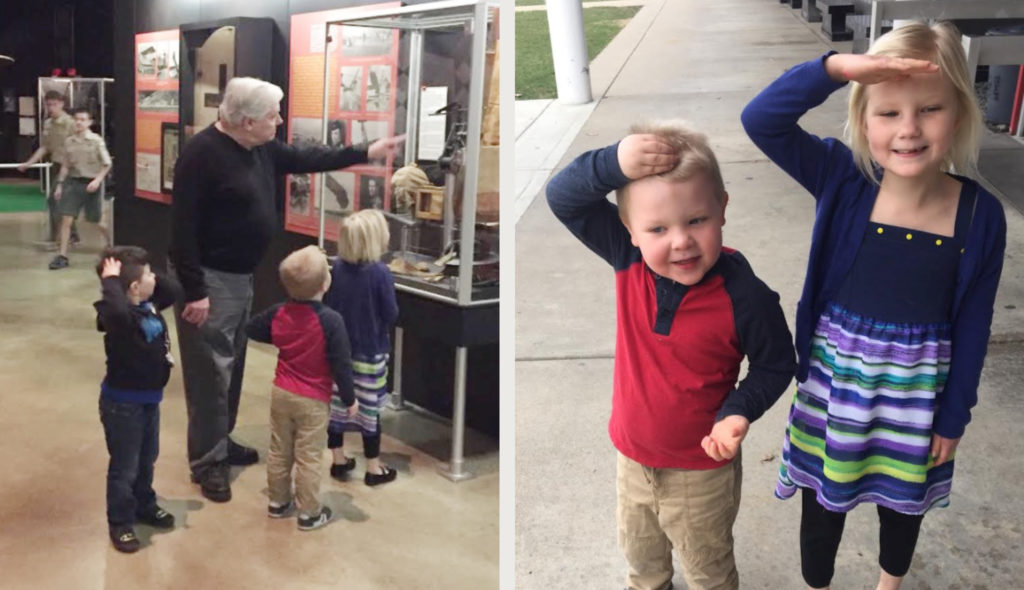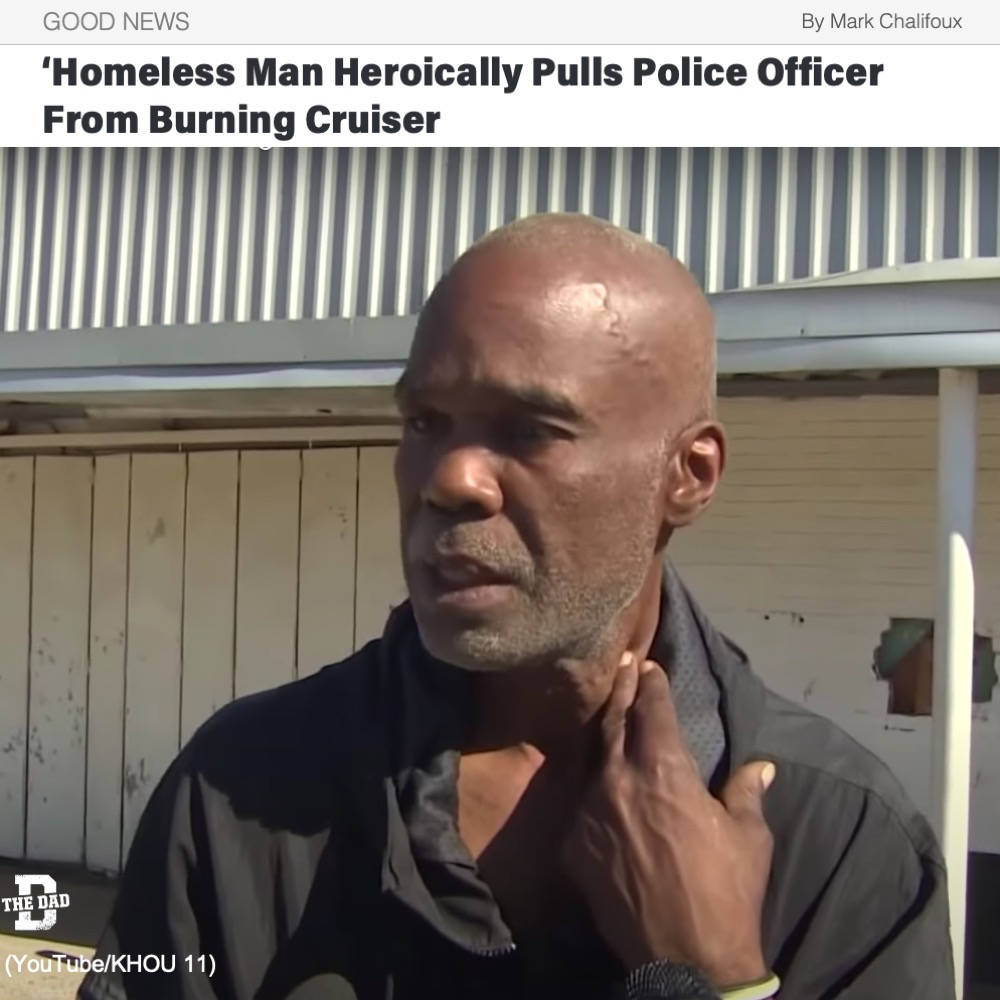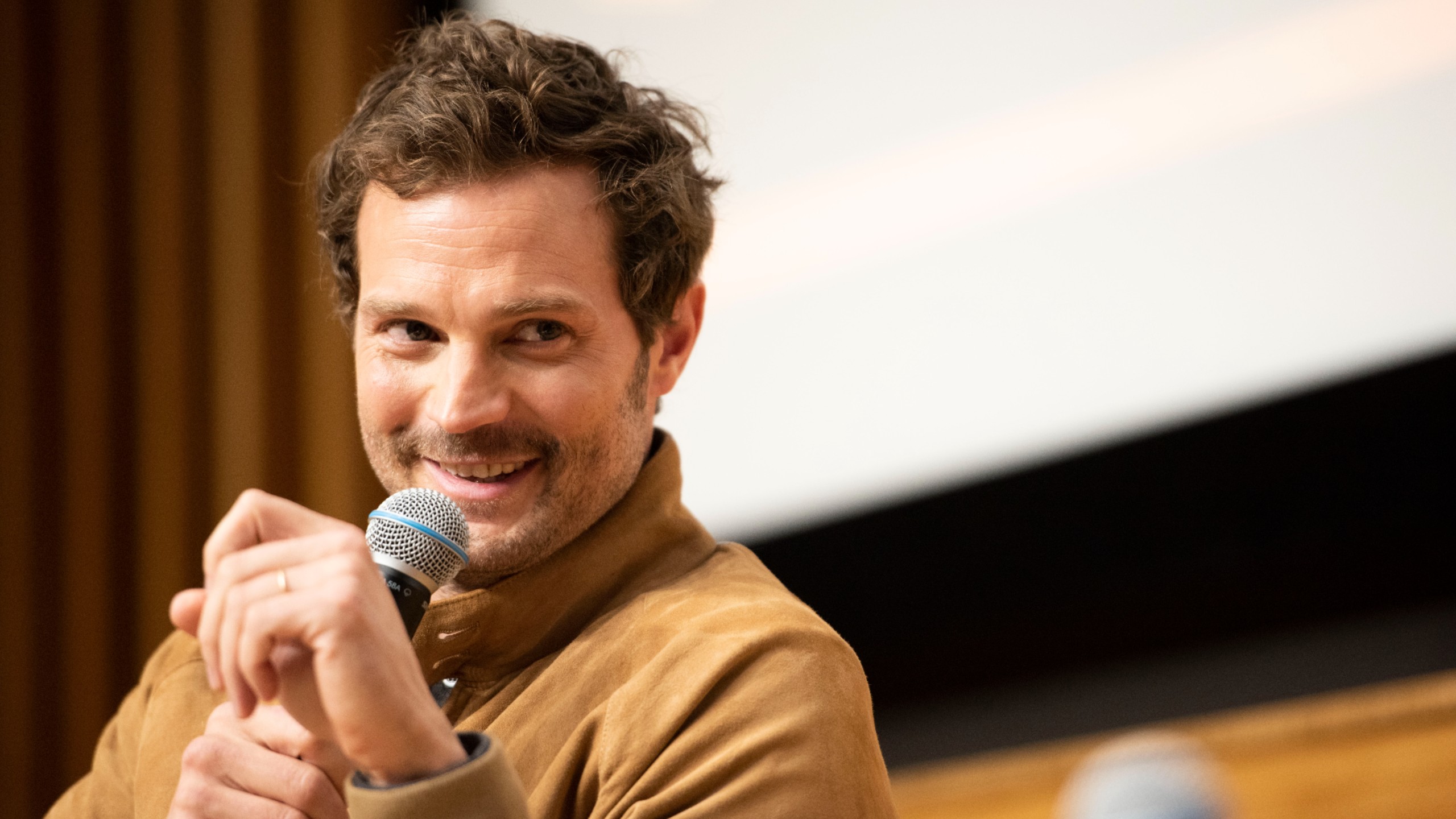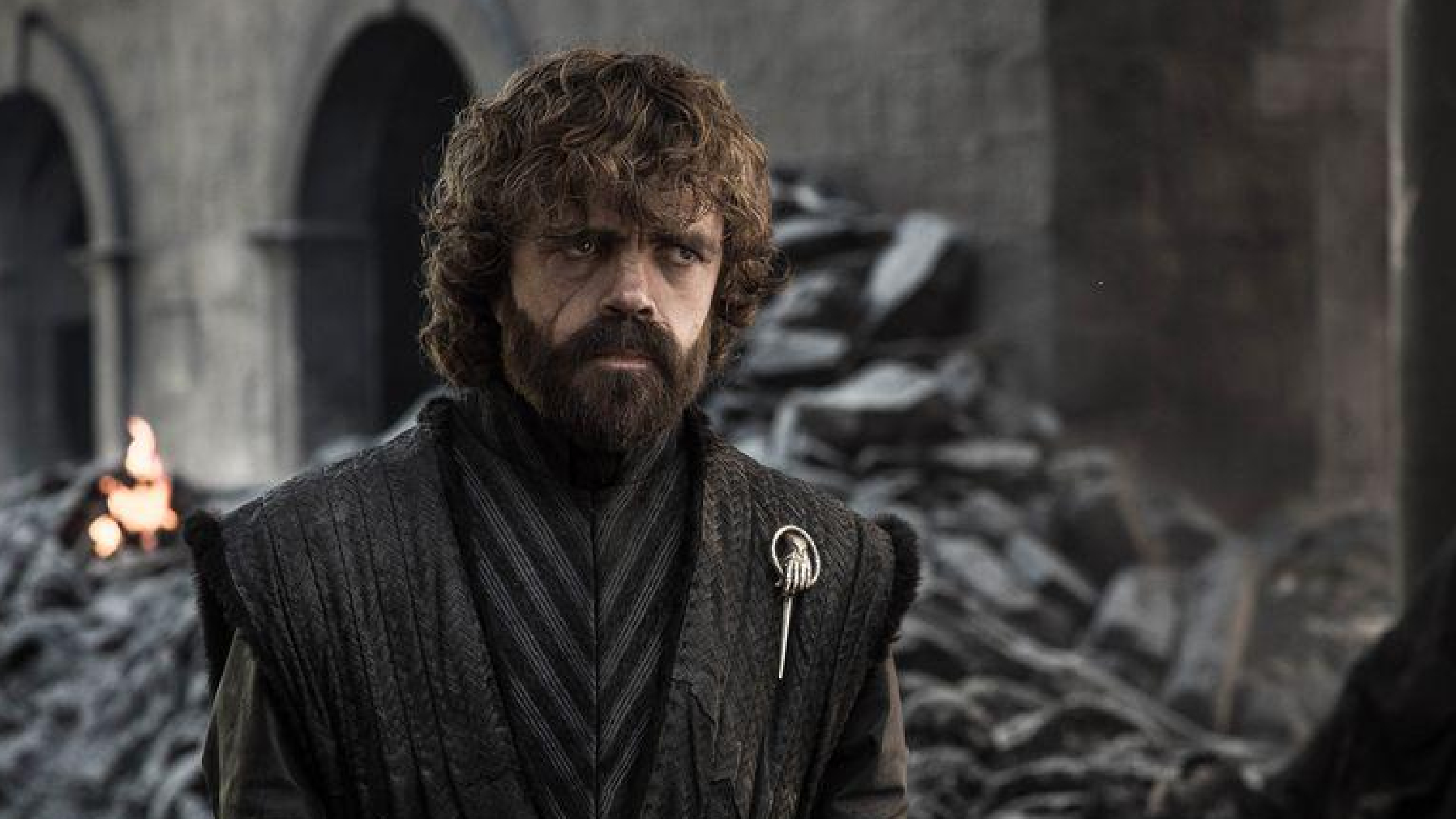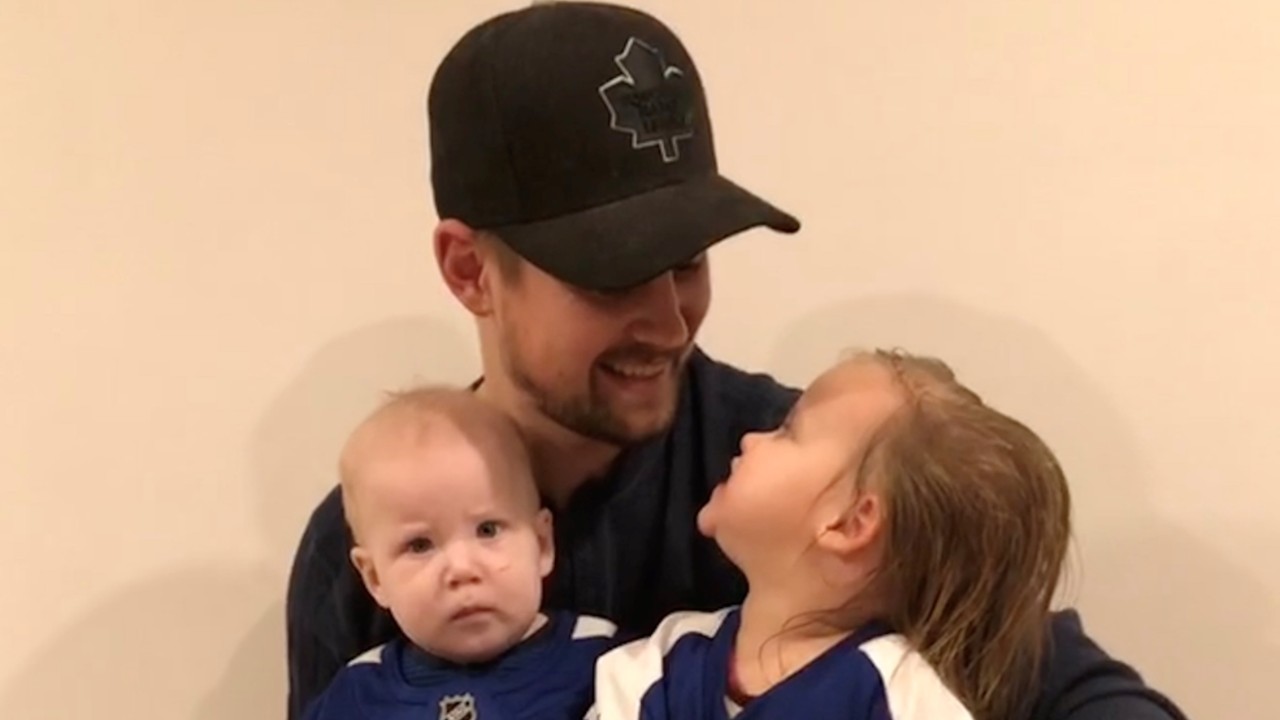
My boy skipped through the hallway at school the day we signed him up for wrestling. I may have skipped too.
When I was young, my father and I snaked up and down the highways of southern California through Saturday morning sunrises, heading to wrestling tournaments here or there. Just the two of us.
He’d kneel at the mat, take my hands in his, shake my arms to keep me loose, talk me through this or that—conversations I cannot recall but have surely repeated to my sons—and then yell throughout the match, “half nelson,” “drive him,” and “cradle.” He would greet me after the match to congratulate me or wrap his arms around me.
Wrestling highlighted for me the differences between being a daddy, dad, and father. “Daddy” is something a child cries out when it is hurt or scared. Dad is the guy you toss a baseball with. The first two are simple.
Playing the father is alien and unnatural. It’s the thing you do when you’re not quite sure what to do, so you try acting out what a sitcom father or self-help book father or maybe even your own father would do—moments when you’re lacking conviction.
The first time I felt like a father was two weeks after my son was born. We were attempting to get him to sleep in his crib, away from us, which required crying himself to sleep. I remember standing at his door. I stood rigid as he screamed his desperate little warble. Everything inside me—my DNA encoded with generation upon generation of daddies—begged me to tear the door from its hinges, rush to his crib, scoop him up, and tell him he was going to be all right. A synapse fired; a thought followed: He has to face it.
My son’s first wrestling match took place after just two practice nights. He got spun around, wrapped up, and pinned so fast he had no idea where he was.
Since then, he’s gone through ups and downs. He’s placed second at a pair of tournaments. He’s whimpered and cried through matches. He ran off the mat during one match because he had to go to the bathroom—maybe part wanting to give up and part stressing his stomach into knots. He cried to me in the hallway. He didn’t know wrestling was going to be like this. He wanted to quit. He wanted to go home. But he had to face it.
My wife and I talked that night. Seeing her son getting beaten up and in tears had forced tears of her own. She wanted him out.
My kid is a whiz in school. He’s not challenged there. The only opposition he faces outside of wrestling is trying to get out of going to bed. Wrestling challenges, frustrates, and even hurts him physically. But outside our home, outside the wrestling gym, parents are getting divorced, children are getting shot for going to school, kids are calling each other ugly. And one day when we’re not hurrying him to or from practice, he may stop and feel these things.
Part of my job is to protect him, and part of my job is to prepare him. Knowing which and when is the hardest part.
At one tournament, he lost his first match but not by much, and he wrestled hard the whole time. His second opponent was already crying before the match began. I told my son before the match, as I held his hands and shook his arms, that anything could happen, that he could beat this kid if he believed he could. And I told him, “Just this once, I want you to be mean.”
First, he got takedown points. Then he got escape points. He got reversal points and near fall points. He beat him. He felt good. The third and final match, he earned his first pin of the season, halfway through the second round to earn a second-place medal.
That night, I asked him how he’d done it, where he’d found that. He told me he gotten mean.
Sometimes parenting feels like a three-way cage match, pitting daddy, dad, and father against each other—different instincts and impulses. Then again, maybe we need all three.

